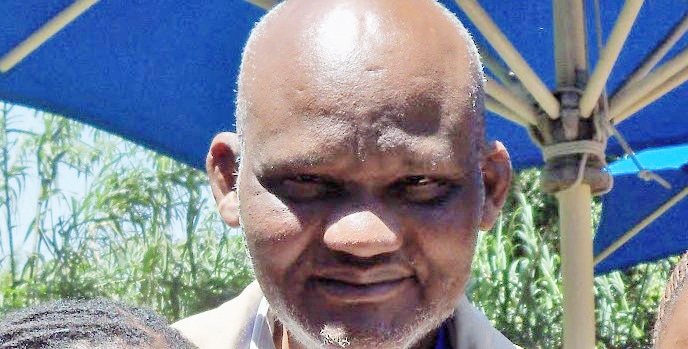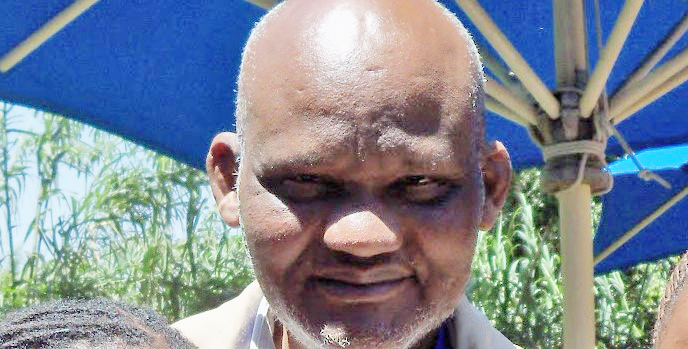Ardent followers of international news should by this time have noticed that in big press conferences at the White House in Washington, 10 Downing Street in London and in developed countries in general, it is usually senior, long-serving reporters who ask questions. No wonder they normally ask tough and probing questions.
In contrast, press conferences in Tanzania are usually dominated by young journalists, some of whom are still very early in their careers.
This isn’t necessarily a bad thing, but it would have been much better if a sizeable number of veteran journalists were in their midst to provide them with on-the-job coaching, or mentoring.
It’s thus not surprising that sometimes there is a general lack of institutional memory that would have enabled greenhorns in journalism to connect the dots and probe from an informed point of view.
This scenario is not by accident. It is by design. Unlike in the West, where a senior journalist can be well compensated at times even more than their editor because of their being authoritative and highly competent, it is a different story in Africa.
To get a raise, you have to be given a leadership role that would justify the increment.
So, more often than not, we end up promoting people to their highest levels of incompetence in this part of the world.
You give me a promotion to justify a raise, but what you don’t know is that while I may be very good in my field, I could be terrible at managing people.
I might be very intelligent, with a very high IQ, but very low on Emotional Intelligence. And once I ascend to that position, my belief is that I have a monopoly of knowledge and skills to solve everything. My word is absolute. Remember, I’m the “boss”. Right? Wrong!
We become arrogant. We don’t engage much. We want to prove ourselves. Our word is law.
While that doesn’t necessarily kill one’s expertise immediately, such a person will over time lose touch with their field as they continue to be an obstacle to their team’s success.
One of my media leadership professors at Rhodes University, Sol Plaatje Institute, in Grahamstown, South Africa, where I attended a short course in Media Leadership and Management back in 2011, had this to say in reference to the mistake most newsrooms in Africa tend to make when they promote a great reporter to an editor (manager): “We end up killing a great journalist and creating a terrible manager.”
When Nation Media Group bought a controlling stake in Mwananchi Communications Limited in the early 2000s, it facilitated the establishment of an English daily going by the name of The Citizen.
I was privileged to be the newspaper’s first Business Editor when it was launched on September 16, 2004.
The late Zephania Ubwani, aka “Zeph”, who died last weekend in Arusha, was among the first journalists to join The Citizen. He was hired on September 1, 2004, two months after I came on board, to be precise.
So, being a business writer-cum-editor, I related very well to business and economy writers, including Zeph.
Looking back at my relatively short stint as the first Business Editor of The Citizen (2004–2006), I might as well blow my own trumpet and conclude that I was perhaps one of only a handful of business editors who presided over a team of highly dynamic, enthusiastic and enterprising business writers in the history of business reporting among English dailies in East Africa.
We had Zeph, who was very authoritative when it came to EAC and Great Lakes Region affairs; Richard Mgamba reporting from Mwanza on mining and fishing; Costantine Sebastian and Finnigan wa Simbeye specialising in corporate and economic news; statistician Hassan Mghenyi (RIP) with daily economic indicators and last but not least Damas Kanyabwoya and Imani Lwinga forming the “starting lineup”, if you like.
Some up-and-coming business journalists in the team included Samuel Kamndaya, Mnaku Mbani, Muganyizi Muta (RIP) and Dickson Amos Ng’hily.
I grew up on the job, appreciating Zeph’s journalistic acumen. After two years, I was promoted to serve as Managing Editor of The Citizen.
In reconstituting the team, I was tempted to commit the well-documented sin of giving him a raise and justifying it by making him an editor and moving him to Dar es Salaam. I thought he would receive it kwa mikono miwili. Wapii!
Zeph flatly refused and opted to remain a writer. I lost my proposition.
We managed to boost his compensation, but not to the level I wished him to enjoy and he worked as Bureau Chief for Arusha/Mwanza, something that gave him ample time to keep doing what he loved most – writing.
The surprising thing is that he was happy and even more committed.
Fast forward and I transitioned to leading the newsroom as MCL Executive Editor and later on as CEO.
Meanwhile, Zeph had retired, but he was not tired of writing.
So, it was just natural that the editors of the time would find it necessary to deploy their knowledge and expertise in continuing to produce the content that counts.
And as we all heard, at 70 years of age, the cruel hand of death snatched Zeph while he was doing what he loved with a passion – gathering news and writing!
My heart goes out to his widow, children, family, professional family and the East African Community, which has lost a committed journalist who covered the EAC extensively and exhaustively.
Go well, brother.
You left a mark, at least on my life as a journalist.
Bakari S. Machumu is the Managing Director of Mwananchi Communications Limited (MCL)















